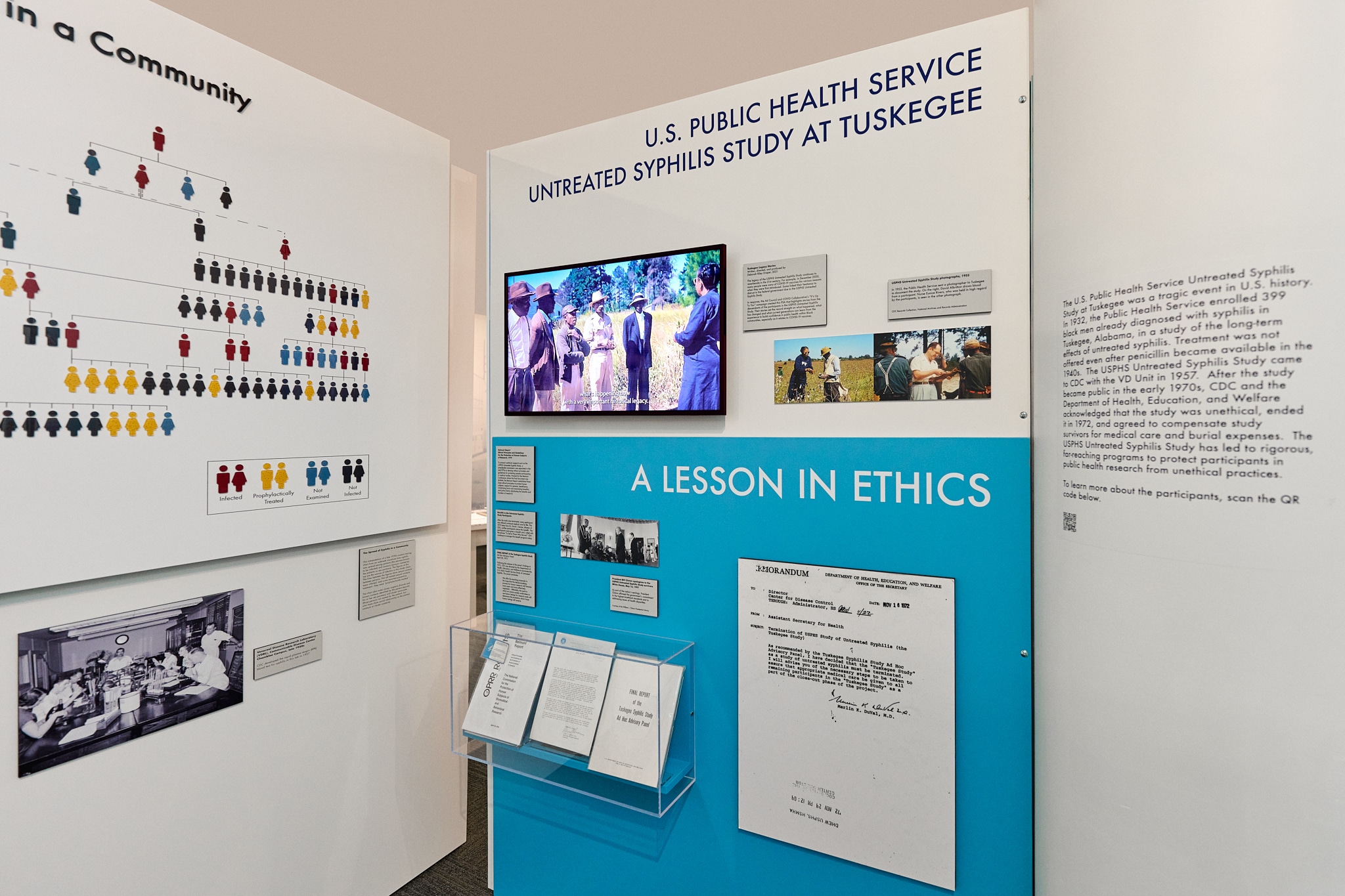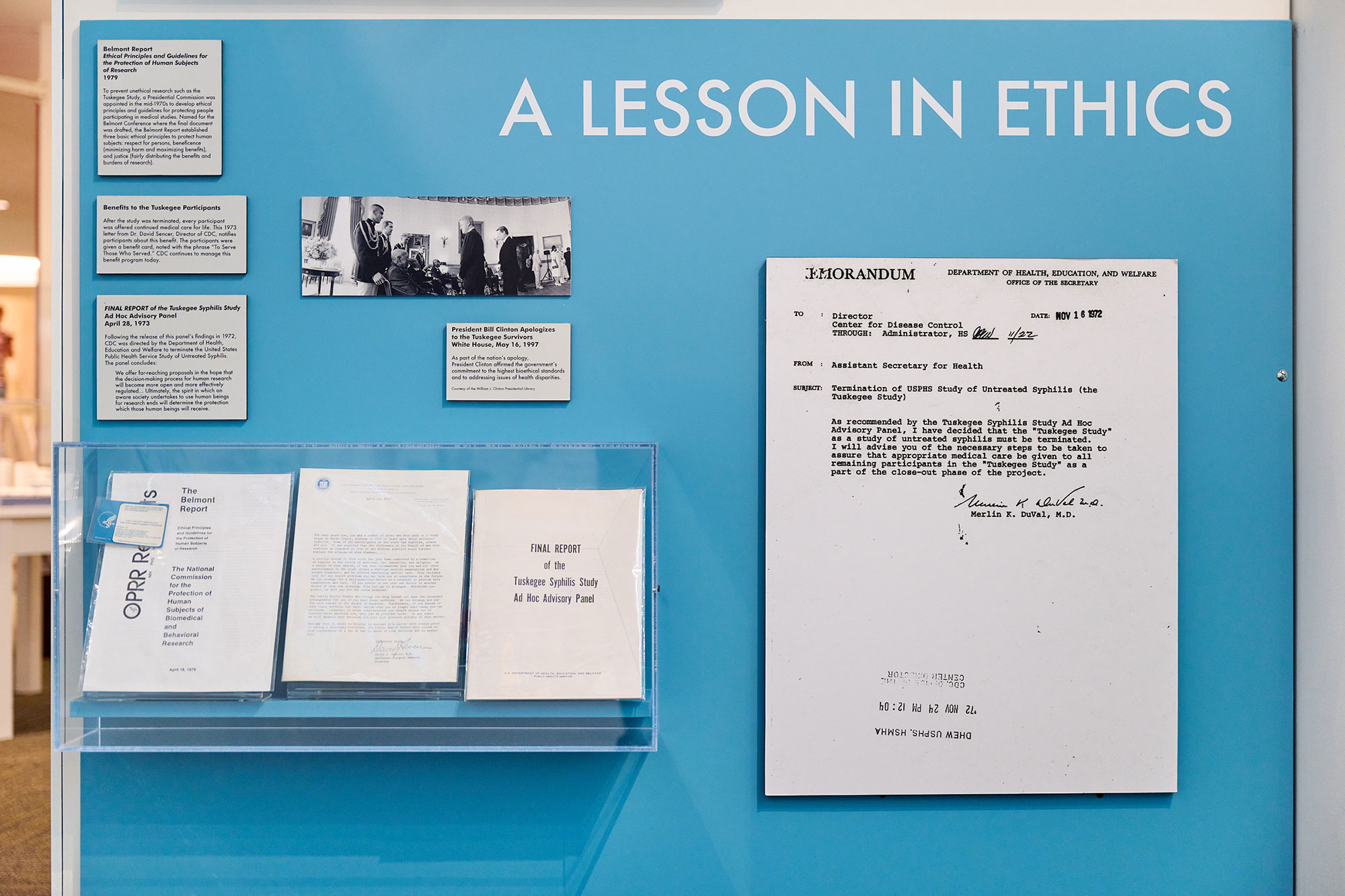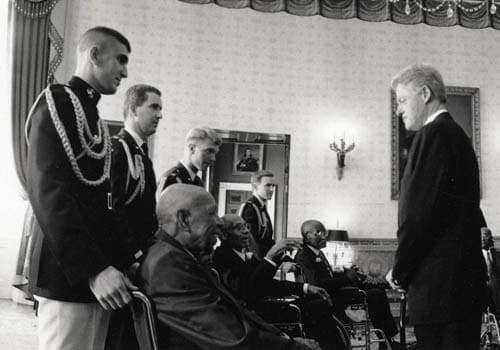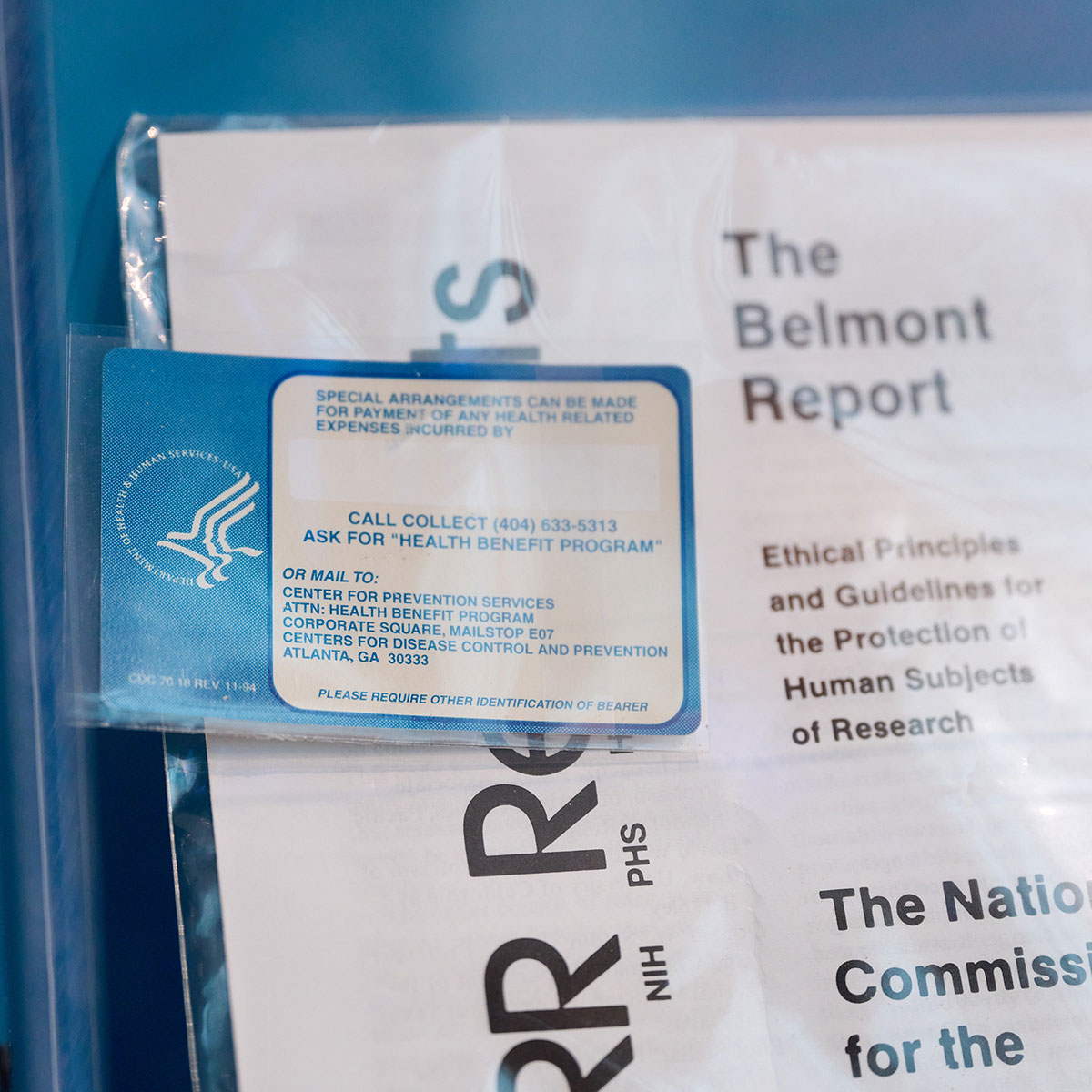Public Health Service Study of Untreated Syphilis at Tuskegee and Macon County, AL

In 1932, 399 African American men in Tuskegee and Macon County, Alabama were enrolled in a Public Health Service study on the long-term effects of untreated syphilis. At that time, there was no cure for syphilis, though many ineffective and often harmful treatments, such as arsenic, were used. In the 1940s, penicillin was discovered, and by the 1950s, it was widely accepted by the medical community as the quickest and most effective treatment for syphilis. The men in the study were not made aware of the availability of penicillin as treatment, however, and the study continued and was transferred to CDC along with the PHS VD Unit in 1957.

The study was intended to last only six months but continued into the 1970s. In 1968, Peter Buxton, a CDC Public Health Advisor in the USPHS, raised questions about the study. After several years of questioning by Mr. Buxton, several news articles were published, leading to a Senate investigation headed by Sen. Edward Kennedy. It was this investigation that forced the study’s end in 1972. CDC and the Department of Health and Human Services (HHS) acknowledged the study as unethical, ended it, and compensated study survivors for medical care and burial expenses.

Shown above is a letter that then-CDC Director Dr. David J. Sencer wrote to the survivors of the U.S. Public Health Service Study of Untreated Syphilis at Tuskegee and Macon County, AL explaining that they would receive medical care for the rest of their lives. Also on display is one of the benefits cards that was distributed, which reads, “To Serve Those Who Served,” as well as a photograph of President Clinton with the survivors at the White House, where on May 16th, 1997, he officially apologized to the last living participants.

Out of this tragedy came the Belmont Report, a comprehensive document that created new standards of research to protect participants from unethical practices.
For more information, including the names of the men in the study, please visit Voices for Our Fathers Legacy Foundation (voicesforfathers.org) and Tuskegee Study and Health Benefit Program – CDC – OS.